News & Insights
Explore the latest thinking, case studies, and research from across the NIA. From real-world impact to innovation journeys, discover how our Fellows and partners are shaping the future of health and care.
Filter by category
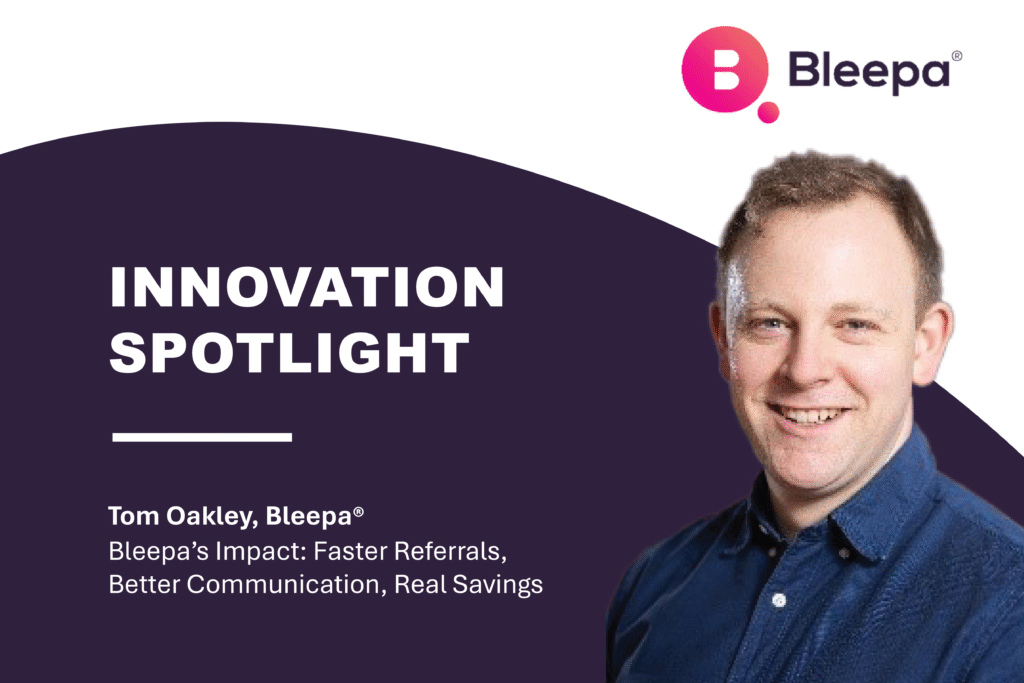
Bleepa’s Impact: Faster Referrals, Better Communication, Real Savings
An independent evaluation shows how Bleepa® is helping NHS teams move faster, work smarter, and deliver better care.
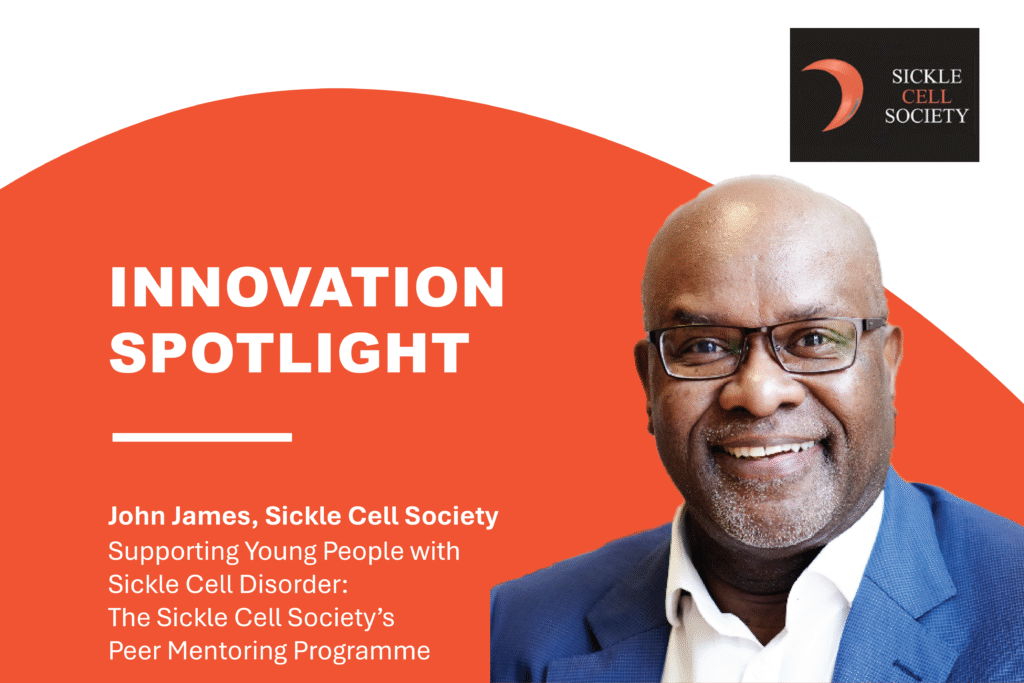
Supporting Young People with Sickle Cell Disorder: The Sickle Cell Society’s Peer Mentoring Programme
The Sickle Cell Society’s Peer Mentoring Programme is empowering young people with Sickle Cell Disorder by building confidence, improving self-management,…
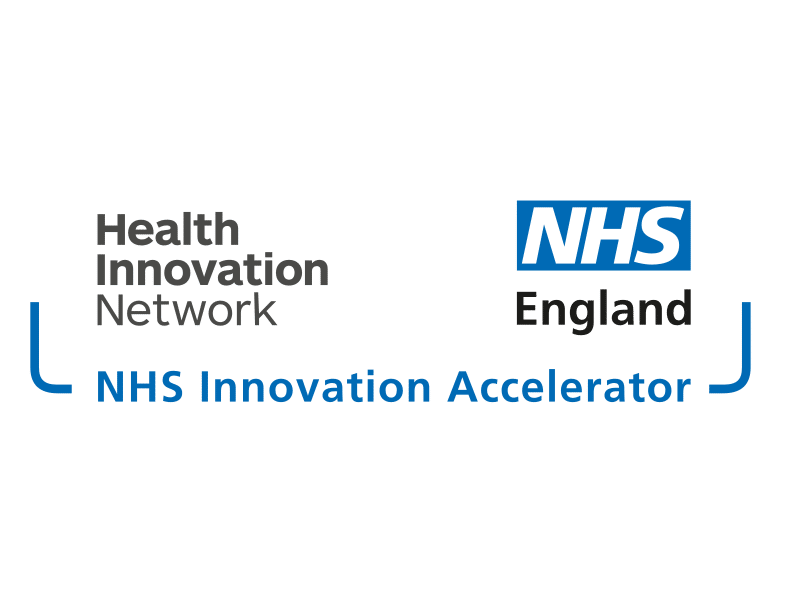
NHS Innovation Accelerator Announces 2025 Fellows
NHS Innovation Accelerator 2025 Fellows announced at Digital Health Rewired

NHS Innovation Accelerator Recognised as a Leading Start-up Hub in Europe by the Financial Times
The NHS Innovation Accelerator has been recognised as a leading start-up hub.
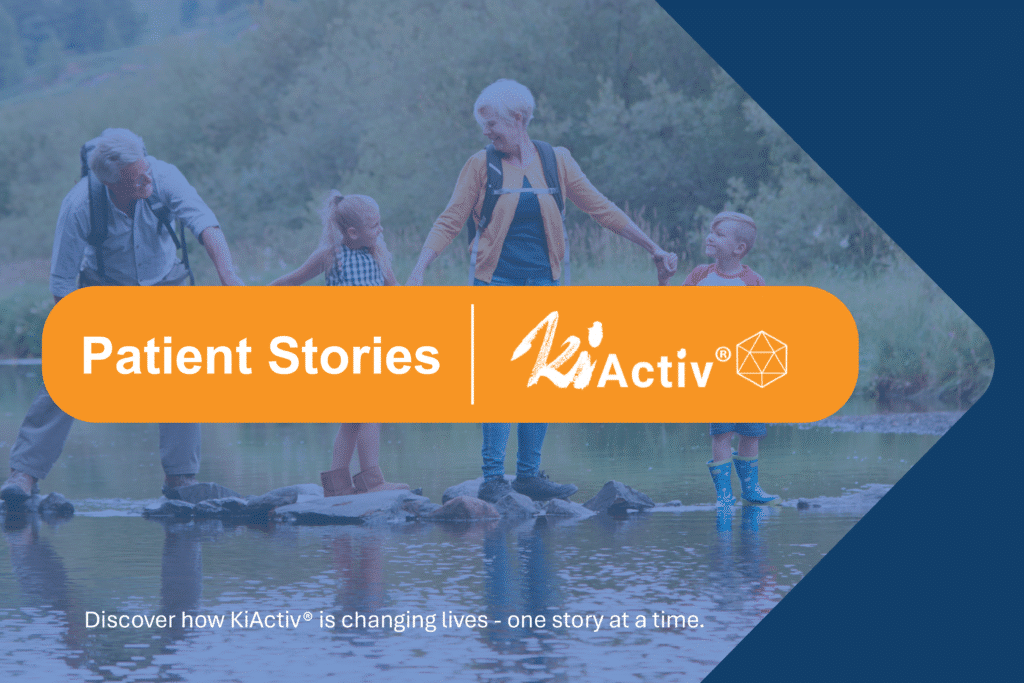
Patient Stories: Empowering Patients to Transform Their Health with KiActiv®
Managing a long-term condition or recovering from illness can make traditional exercise feel impossible, but what if everyday movement was…
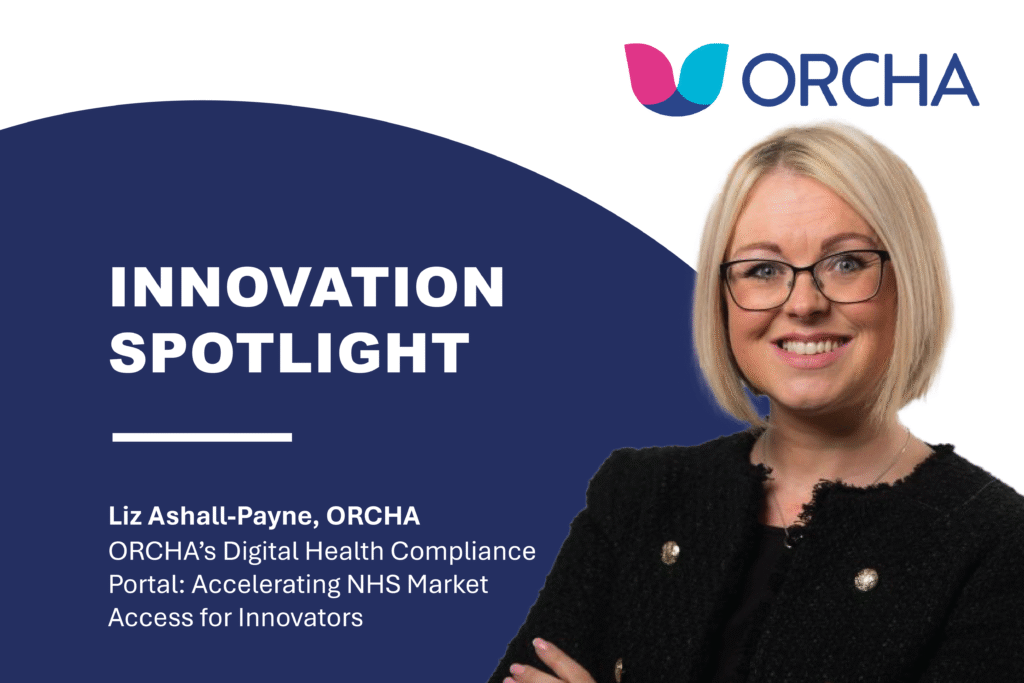
ORCHA’s Digital Health Compliance Portal: Accelerating NHS Market Access
We’re thrilled to spotlight ORCHA Health, one of our esteemed alumni, for their incredible contribution to the digital health landscape.